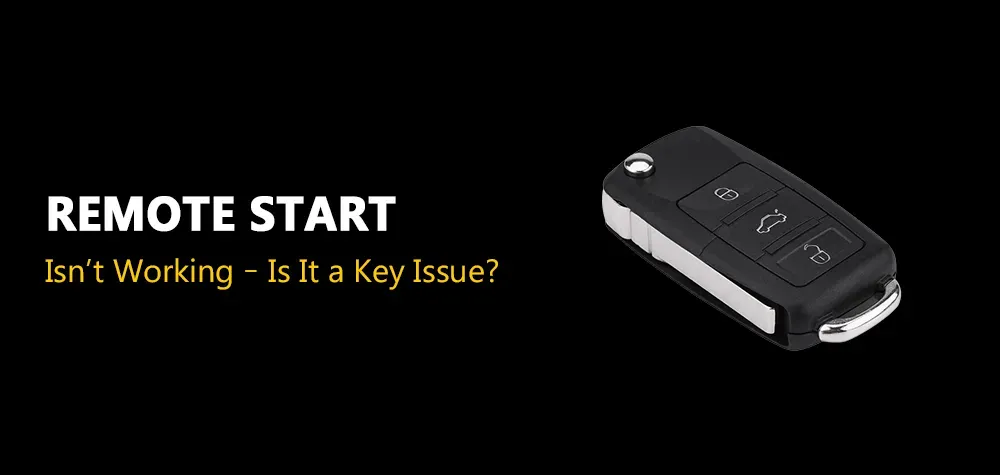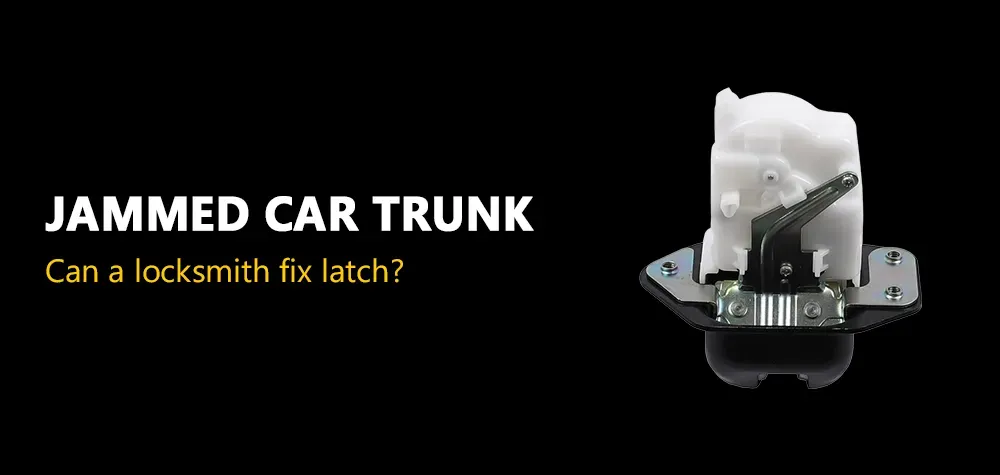How Do Anti-Theft Car Locks Work?
Car theft is a persistent issue that drivers worldwide face, which is why car manufacturers and security companies continually develop advanced anti-theft systems. Anti-theft car locks, in particular, serve as a crucial layer of security, designed to deter thieves and protect your vehicle from unauthorized access. These locks come in various types, from basic mechanical systems to advanced electronic solutions, all aimed at keeping your vehicle safe. Understanding how these locks work can help you choose the best security for your car and give you peace of mind when leaving it unattended.
How Often Should You Replace Your Home Locks?
Types of Anti-Theft Car Locks
Anti-theft car locks vary widely in design and technology, each offering unique protection. Here are the most common types:
a. Steering Wheel Locks
Steering wheel locks prevent the wheel from being turned, which immobilizes the vehicle. These devices attach to the steering wheel and often extend outward, preventing the wheel from moving. Because it is visible from outside the car, a steering wheel lock acts as a strong deterrent, as thieves know it would take extra effort and time to remove.
b. Gear Shift Locks
Gear shift locks restrict the movement of the gear shift, making it impossible to drive away unless the lock is removed. These locks are often installed on manual and automatic cars and require a key to unlock, adding an additional level of security.
c. Tire and Wheel Locks
Tire and wheel locks, also known as "boot" locks, clamp onto the wheel, preventing it from rotating. Commonly used by law enforcement to immobilize illegally parked vehicles, these locks can also be used as anti-theft devices, making it nearly impossible for a thief to drive the car away.
d. Brake Pedal Locks
These locks attach to the brake pedal and prevent it from being pressed, which is essential for starting and moving the car. By securing the brake pedal, this device disables the car’s ability to be driven, acting as a solid theft deterrent.
e. Electronic and Smart Locks
Modern cars often come equipped with electronic locks that use key fobs or smart keys. These locks communicate with the car’s central locking system, making it difficult for thieves to enter or start the car without the correct electronic signal. Some smart locks even use biometric data, like fingerprints, adding an extra layer of security.
How Anti-Theft Car Locks Deter Thieves
Anti-theft locks work on the principle of deterrence and delay. Thieves typically seek easy, quick targets; any added complexity or delay reduces the appeal of a potential theft. Here's how each mechanism helps in deterring car theft:
Visible deterrents like steering wheel and tire locks signal to thieves that the vehicle is secured, which often makes them move on to easier targets.
Mechanical resistance from gear shift, brake pedal, and wheel locks complicates unauthorized access, making it challenging to move or control the vehicle without first removing the lock.
Advanced electronic systems such as smart locks and immobilizers add digital security layers, making it nearly impossible to start the car without the corresponding key fob or access code.
The Role of Immobilizers in Modern Cars
Many newer vehicles come equipped with immobilizers as part of their anti-theft systems. An immobilizer is an electronic device that prevents the engine from starting unless the correct key is present. When the car’s key is inserted or when the key fob is near, a unique code is transmitted to the car’s ignition system. If the code matches, the engine starts; if not, the car remains immobile.
Key Features of Immobilizers:
Unique Transponder Codes: Only keys with the correct transponder code can start the vehicle.
Prevents Hotwiring: Immobilizers make it virtually impossible for a thief to start the car without the proper key, even if they bypass the mechanical locks.
Remote Engine Shutdown: Some immobilizers allow the vehicle to be remotely disabled, making it even harder for thieves to escape with the car.
How Smart Car Locks and Keyless Entry Systems Work
Smart car locks have taken vehicle security to the next level, allowing for keyless entry and enhanced anti-theft capabilities. These systems typically operate via RFID (Radio-Frequency Identification) or Bluetooth technology, which connects the car with the owner’s smartphone or key fob.
RFID Technology: Uses a chip embedded in the key fob that transmits a unique radio frequency code to the car’s locking system.
Biometric Access: Some modern systems offer fingerprint or facial recognition technology, which adds a personal identification layer to vehicle security.
App Integration: Many smart locks allow drivers to monitor their vehicle's security remotely, receiving alerts if the car is tampered with.
DIY Tips to Boost Car Security
While anti-theft locks are effective, there are several additional measures you can take to enhance your car’s security. Here are some practical DIY tips:
Park in Well-Lit Areas: Thieves are less likely to target cars parked in visible, well-lit areas.
Use Multiple Locks: Combining a steering wheel lock with a brake pedal lock creates multiple barriers for potential thieves.
Install a Car Alarm: An alarm system can deter thieves and draw attention to a potential theft in progress.
Don’t Leave Valuables Visible: Personal items on display can make your car a more tempting target.
FAQs
Is an anti-theft lock necessary if my car has an immobilizer?
Yes, an immobilizer protects against hotwiring, but additional locks can provide further deterrence against theft.
What is the most secure type of anti-theft lock?
The most secure option varies by need, but a combination of a steering wheel lock and an electronic immobilizer offers solid security.
Can smart locks be hacked?
While rare, any digital device can be compromised, which is why smart locks should come from reputable manufacturers with strong encryption.
Are anti-theft locks worth the investment?
Absolutely. Anti-theft locks not only provide peace of mind but can also lower insurance premiums by reducing the risk of theft.
How can I choose the right anti-theft lock?
Consider your car’s existing security features and local theft statistics. A steering wheel lock combined with an immobilizer is a good option for most drivers.
Investing in anti-theft car locks is a smart move for any vehicle owner concerned with safety. By combining mechanical, electronic, and DIY security measures, you can keep your car safer and deter would-be thieves from attempting to access it. With the right anti-theft system in place, you’ll enjoy peace of mind and a greater sense of security every time you leave your car.
Call Us Any Time!




